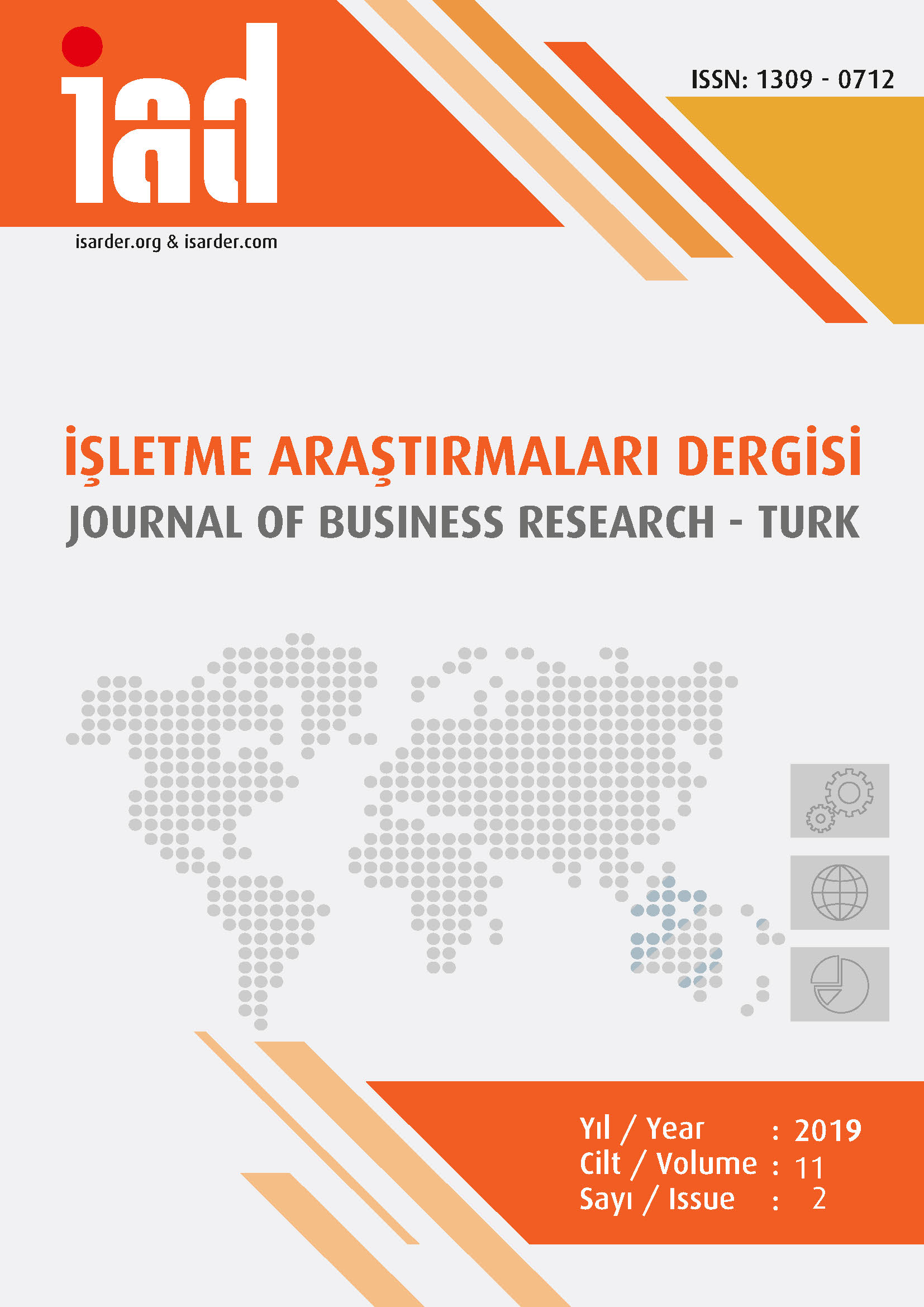Are Emerging Market Economies Subject to Credit Rating Bias?: Evidence from South Africa, Hungary and Turkey Cases
Keywords:
Credit Rating Agencies, Sovereign Ratings, Emerging Market EconomiesAbstract
Purpose – This study aims to reveal whether there exists bias in the assignments of S&P and Moody’s specifically against South Africa, Hungary and Turkey by also exploring the determinants of credit ratings of these three countries for the time span of 2002:Q4 – 2016:Q4. Design/ methodology/approach – The independent t-test and one-way ANOVA test are utilized when the means of S&P and Moody’s grades of three countries are compared. Besides, in order to inspect how the macroeconomic determinants of the credit ratings of each country affect their credit ratings and detect the subjectivity component of the country rating models, OLS regresion models are constructed. Finally, pooled regression model including country dummy variables is established to detect whether countries are initially rated with a bias by the Credit Rating Agencies (CRAs) regardless of economic variables. Empirical Results: First, the mean comparison tests show that Turkey has the least credit ratings among the three by both S&P and Moody’s, and the difference between the means are statistically significant. Secondly, the OLS regressions’ results show that the macroeconomic determinants of sovereign ratings are not definite for all countries as specified in the previous studies. The ratings of each country are influenced by different variables with different significance. Furthermore, the subjective component of the OLS model (the part cannot be explained by the economic variables) in Hungary is smaller when compared to the subjective components of South Africa’s and Turkey’s models, which indicates that the changes in credit ratings is explained by the economic variables mostly in Hungary. Finally, the pooled regression results denote that Turkey is assigned with the least grades without considering the macroeconomic indicators when compared to South Africa and Hungary. Discussion: Though it is maintained that the credit ratings of the sovereigns are mostly determined by their economic indicators, this study shows that these three emerging market economies are not evaluated transparently and fairly by the CRAs. Even if they are classified under emerging market economies, Turkey is assigned by the lowest grades when compared to others. This can be linked with the possibility of intense relations of South Africa and Hungary with advanced economies.
Downloads
Published
How to Cite
Issue
Section
License

This work is licensed under a Creative Commons Attribution-NoDerivatives 4.0 International License.





